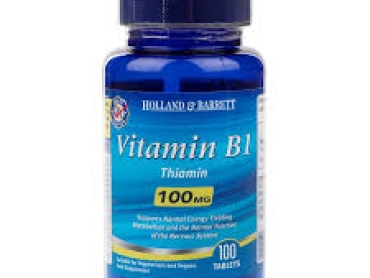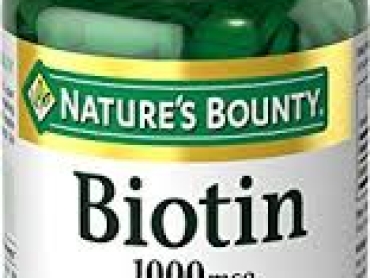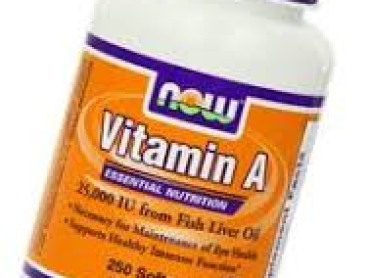Firstly Vitamin B12 (cyanocobalamin is an essential vitamin that helps to keep your metabolism in check. Secondly Vitamin B12 is found in many foods, especially animal products. Thirdly Vitamin B12 is also required for the proper function and development of the brain.
Health Benefits
Generally Vitamin B12 is said to help with a host of health concerns. For instance, research suggests that vitamin B12 may preserve your eyesight as you get older, fight heart disease, aid stroke recovery, and rev up your defense against some forms of cancer.
In addition other uses include to enhance mood, increase energy, improve memory, stimulate the immune system, promote healthy sleep, and slow the aging process.
Eczema
First of all When applied to the skin, vitamin B12 may help fight eczema. For a 2004 study from the British Journal of Dermatology, researchers assigned 49 eczema patients to eight weeks of twice-daily treatment with a placebo or a cream containing vitamin B12. By the study’s end, those using the vitamin B12 cream had experienced a greater decrease in the severity of their eczema (compared to those using the placebo cream).
Heart Disease
In the same vein taking vitamin B12 may lower homocysteine  (an amino acid thought to increase heart disease risk when it is present in elevated levels).
(an amino acid thought to increase heart disease risk when it is present in elevated levels).
Cancer
Early research indicates that vitamin B12 may protect against some forms of cancer. Similarly in a 2003 study from Cancer Causes & Control, for instance, scientists examined the dietary habits of 214 women with cervical dysplasia. (A condition marked by abnormal changes in the cells on the surface of the cervix, cervical dysplasia can lead to cervical cancer if not treated.) Additionally on analyzing their findings, the study’s authors determined that women who use vitamin B12 supplements and have a high intake of folate, riboflavin, and thiamin may be less likely to develop cervical cancer.
Vitamin B12 (cyanocobalamin Deficiency
Generally Injections of vitamin B12 have been shown to be effective in combatting B12 deficiency.
Vitamin B12 (cyanocobalamin Side Effects
Although vitamin B12 is likely safe for most people when taken in reasonable amounts, it may cause certain side effects including diarrhea, blood clots, itching, and severe allergic reactions. In addition, combining vitamin B12 with chloramphenicol (an antibiotic medication) may produce harmful effects.
Vitamin B12 should be avoided by people with Leber’s disease (a type of eye disease). When taken by people with Leber’s disease, vitamin B12 can damage the optic nerve and possibly contribute to blindness.5
It’s important to keep in mind that self-treating a condition and avoiding or delaying standard care may have serious consequences.
Vitamin B12 (cyanocobalamin Dosage and Preparation
The recommended dietary allowance (RDA) for vitamin B12 is 2.4 mcg/day for people ages 14 and older.5 If you’re concerned that you’re not getting enough vitamin B12 from food, talk to your doctor about using vitamin B12 supplements. The appropriate supplemental dose for you may depend on factors including your age, gender, and medical history.
What to Look For
You can get enough Vitamin B12 (cyanocobalamin by consuming foods that contain this important micronutrient. To get your fill of vitamin B12, include the following foods in your diet:
- Fortified cereal (1.5 to 6 mcg per serving)
- Wild rainbow trout (5.4 mcg per 3-ounce serving)
- Sockeye salmon (4.8 mcg per 3-ounce serving)
- Plain yogurt (1.4 mcg per cup)
- White tuna (1 mcg per 3-ounce serving)
- Milk (0.9 mcg per cup)
- Eggs (0.6 mcg per egg)
- Roasted chicken (0.3 mcg per half-breast)
If you choose to take a supplement, you may take vitamin B12 in pill or capsule form. A liquid extract is also available. Vitamin B12 (cyanocobalamin is also available in a cream to use topically. Speak to your health care provider to make sure you use the correct form of vitamin B12 to meet your health needs.
Vitamin B12 (cyanocobalamin is also available in a cream to use topically. Speak to your health care provider to make sure you use the correct form of vitamin B12 to meet your health needs.
Vitamin B12 Injections
 Although some proponents suggest that vitamin B12 injections can also help promote weight loss, there’s no evidence to support this claim.
Although some proponents suggest that vitamin B12 injections can also help promote weight loss, there’s no evidence to support this claim.
Talk with your healthcare provider to get a proper diagnosis first, then discuss whether a supplement or diet change is appropriate for you.




:max_bytes(150000):strip_icc():format(webp)/86056390-578e814a5f9b584d203e07cb.jpg)



